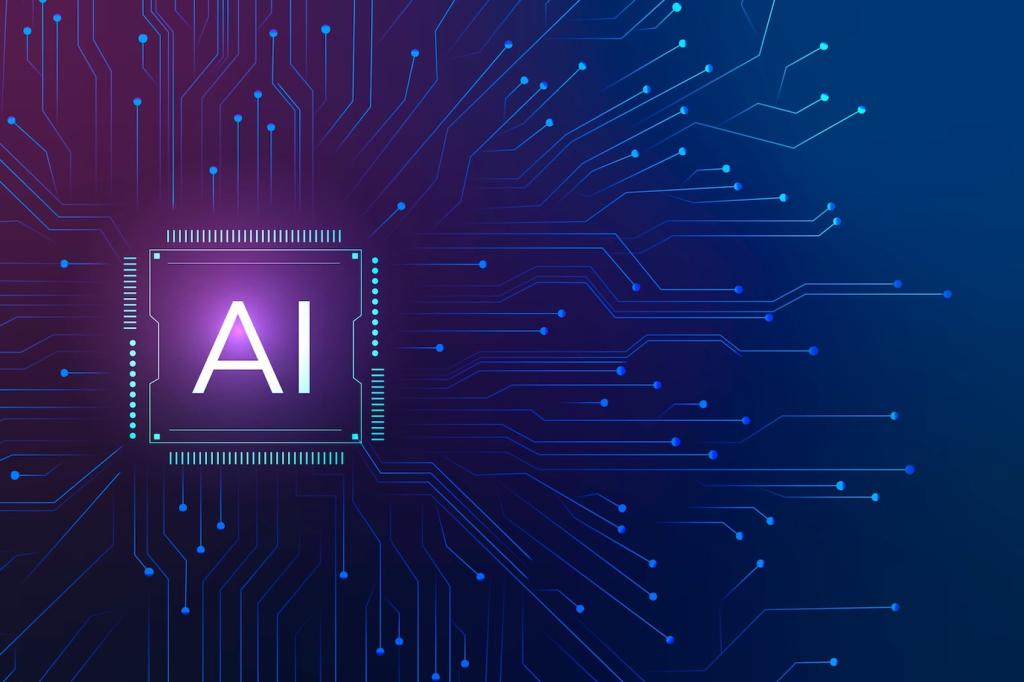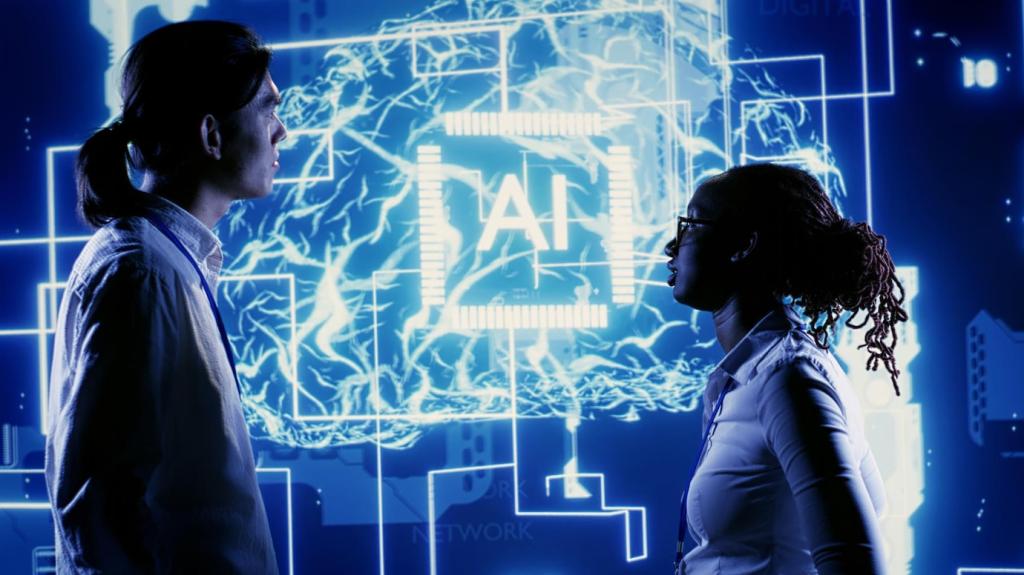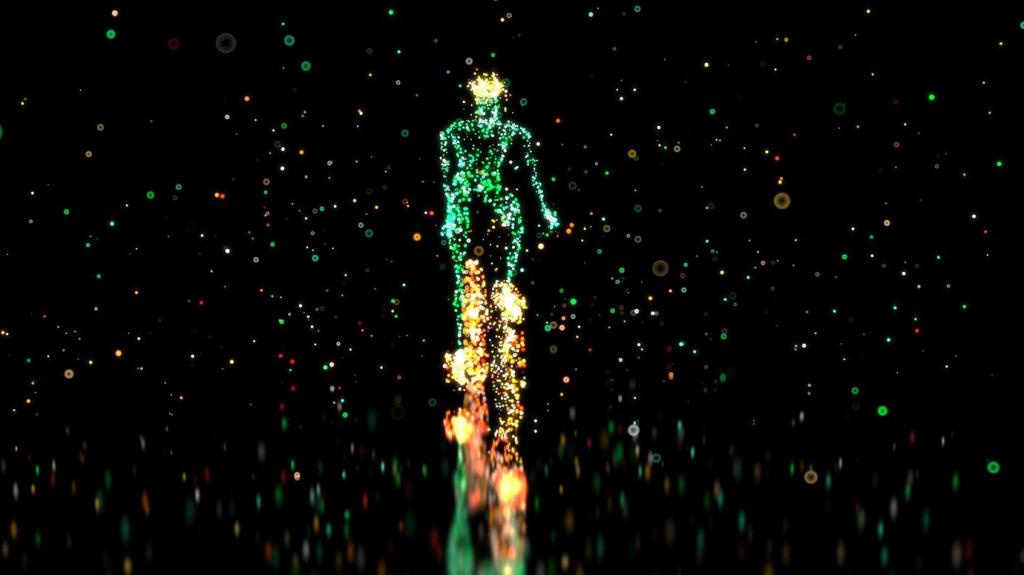
AI and the Future of Global Workforce
Artificial Intelligence is rapidly reshaping the international labor landscape, creating unprecedented opportunities and challenges for workers, businesses, and governments worldwide. As AI technologies evolve, they offer the potential to automate tasks, enhance decision-making, and drive productivity, but also prompt concerns around job displacement, skills requirements, and workforce inclusivity. This transformation is not uniform; its effects vary greatly across regions, sectors, and demographics. Understanding the multifaceted impact of AI on the global workforce is essential for adapting strategies, developing new policies, and ensuring that economic and societal benefits are equitably shared. This page explores the emerging trends and critical considerations as AI drives the future of work on a global scale.
The Rise of AI Technologies


